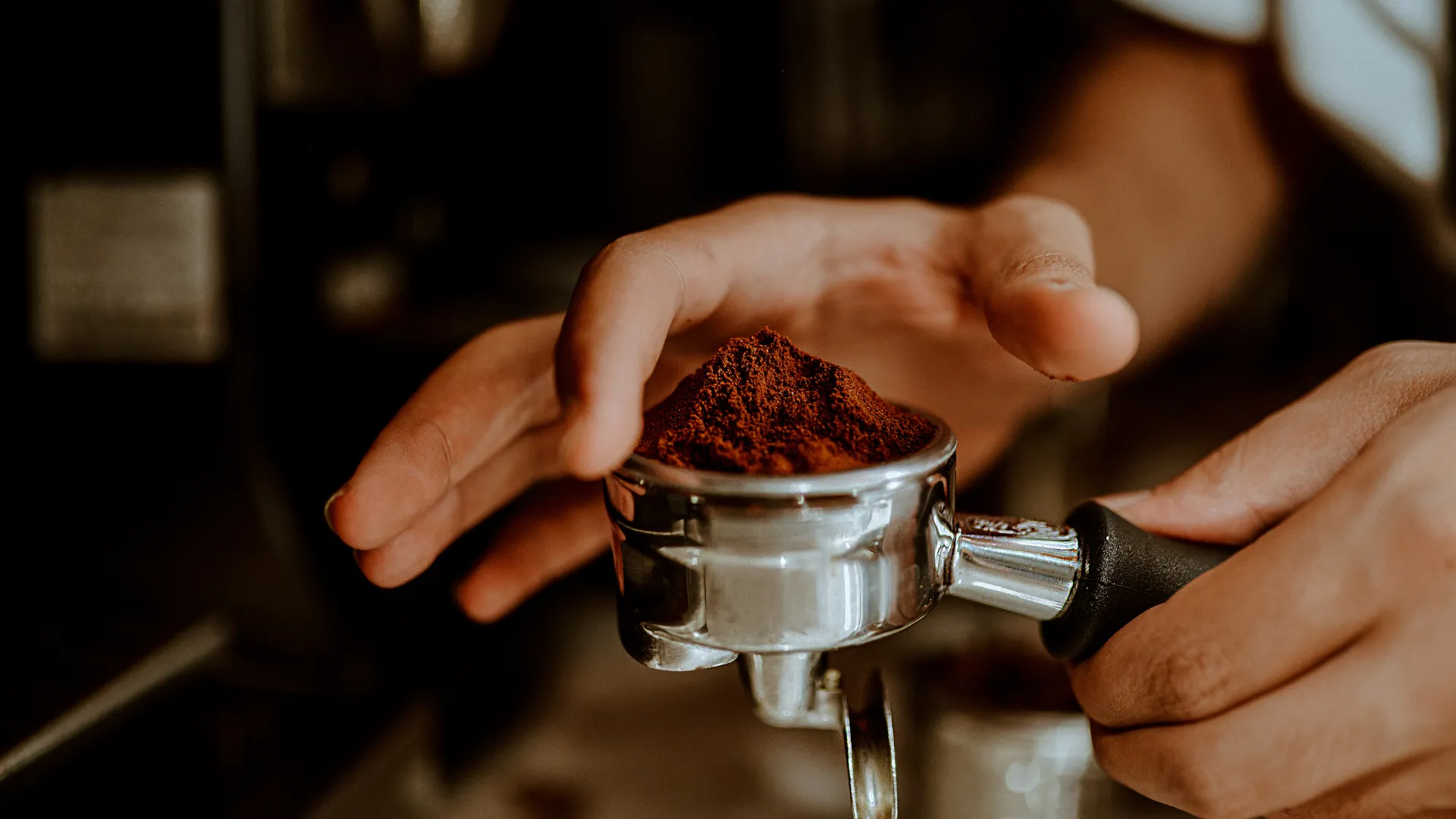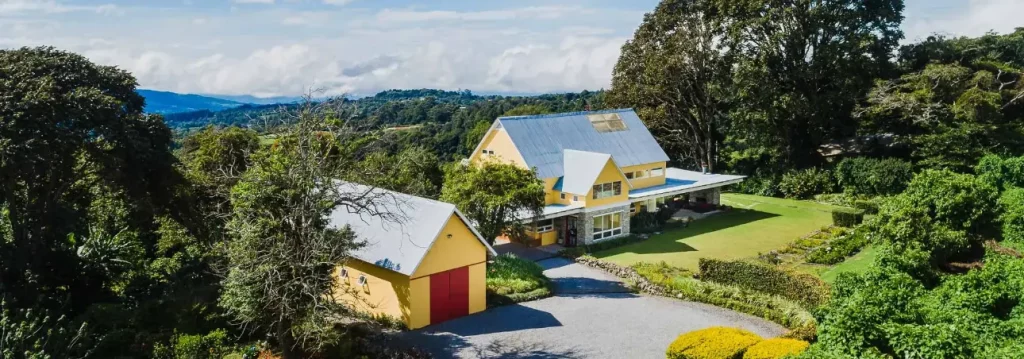
In the heart of Chiriquí, one of Panama’s most renowned coffee-growing regions, scientists are brewing something innovative – not in a cup, but in the lab. A multidisciplinary team from the Universidad Tecnológica de Panamá (UTP) is crafting a scientific “fingerprint” of Panamanian coffee aromas. The goal? To defend the authenticity of Panama’s award-winning highland coffee and safeguard producers from potential fraud in international markets.
With increasing global demand for Panama’s specialty coffee – especially elite varieties from areas like Boquete and Volcán – verifying origin and quality has become vital. The new research project, titled “Determination of the Chemical Profile of Panamanian Coffee Aromas Using Advanced Analytical Techniques,” aims to address that need with precision.
Funded by SENACYT’s 2023 R&D initiative, the project employs cutting-edge analytical chemistry tools to map the aromatic components of Panamanian coffee. This “aroma fingerprint” can then serve as a scientific signature for each variety, ensuring that export buyers and roasters receive the genuine article.
A Gamechanger for Panama’s Coffee Sector
The implications of this project are far-reaching for real estate investors and expats in coffee-growing regions. With enhanced traceability and protection for Panama’s coffee branding, the international reputation of regions like Boquete and Volcán is set to rise even further.
This boost in visibility and credibility supports ongoing tourism and agricultural investment in these communities. For real estate buyers, this can lead to more stable property values, increased interest in boutique agritourism ventures, and a higher likelihood of sustainable development anchored in Panama’s agricultural heritage.
The research team, led by Elizabeth Salazar of UTP’s Laboratory of Industrial Analysis and Environmental Sciences, includes experienced scientists and student collaborators working together to create a replicable and legally sound aroma profile database. These chemical markers could eventually be used to legally certify the origin and quality of exported coffee – a step that’s long been needed in the premium coffee industry.
Impact on Real Estate in Coffee Regions
Areas like Boquete and Volcán already attract expats and eco-conscious investors looking for mountain living, cooler climates, and access to premium coffee estates. This scientific advancement further enhances their global brand.
For example:
-
In Boquete, known for its annual coffee competitions and high-end estates, this added credibility could push demand even higher for hobby farms and boutique agribusiness opportunities.
-
In Volcán and Tierras Altas, where newer developments offer more space and value, expect rising interest from both local and international buyers seeking secure long-term agricultural investments.
While the direct impact on short-term prices may be modest, the mid- to long-term value proposition for owning property in these areas grows stronger with each step Panama takes toward quality assurance and branding of its agricultural products.
A Promising Blend of Science and Tradition
This project showcases Panama’s forward-thinking approach to one of its most beloved exports. By applying science to protect authenticity, the country not only protects producers but also enhances its appeal to conscious consumers and investors alike.
Whether you’re considering a lifestyle move to Panama’s lush highlands or exploring opportunities in agrotourism and boutique farming, this news is a strong signal: Panama is investing in quality and innovation, and the rewards will ripple across its coffee zones – and their real estate markets.
Looking to Invest in Boquete or Volcán?
At Casa Solution Real Estate, we specialize in helping buyers find exceptional properties in Panama’s coffee regions. Whether you’re seeking a mountain home, a working farm, or a hybrid investment-retreat property, our expert team can guide you every step of the way.
Explore Boquete Properties →
Explore Volcán & Tierras Altas Properties →
Date Written: July 18, 2025



